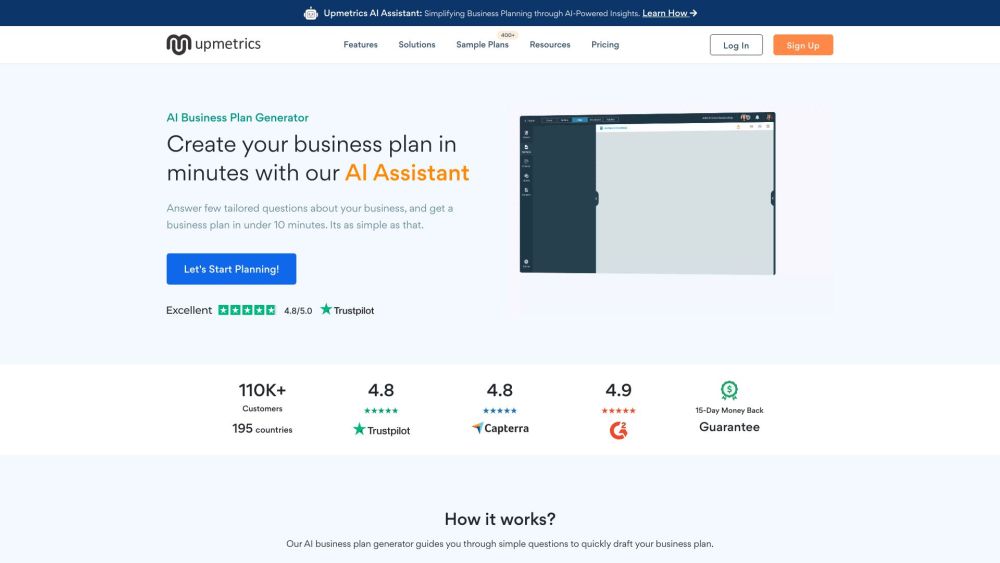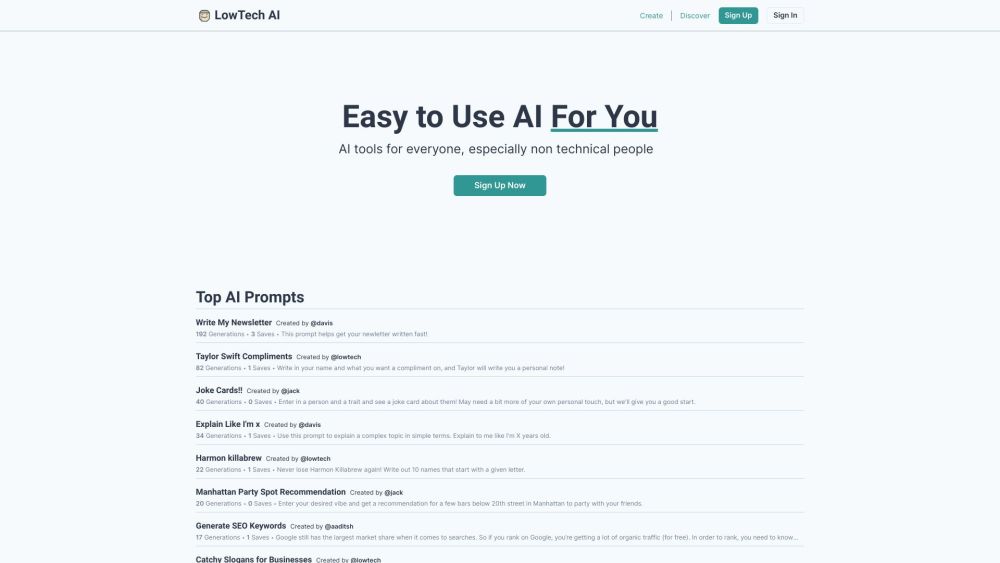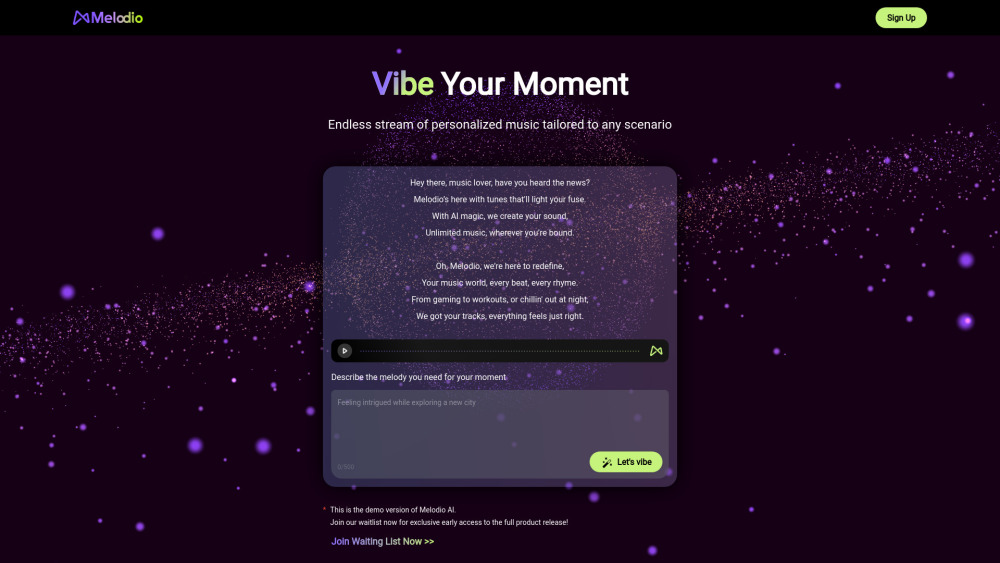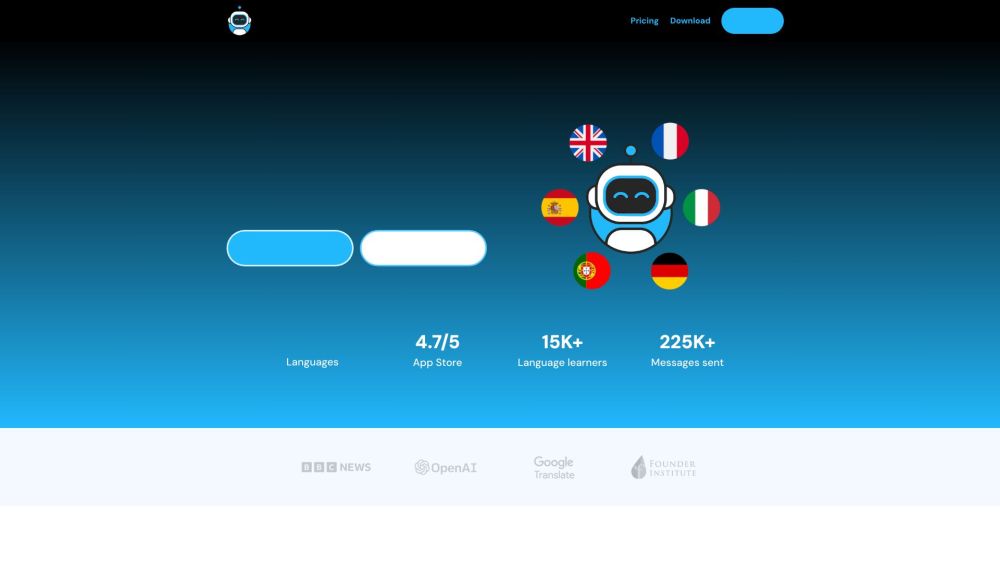Code Reviews: Streamlining Development with AI
Code reviews—peer evaluations of code—are essential for enhancing code quality, but they can consume valuable time. According to industry research, about 50% of companies dedicate two to five hours weekly to this process. With insufficient team members, code reviews may become overwhelming, diverting developers from other critical tasks.
Harjot Gill, co-founder and CEO of CodeRabbit, envisions a future where AI significantly automates code reviews. CodeRabbit leverages artificial intelligence to analyze code and provide insightful feedback.
Before launching CodeRabbit, Gill served as senior director of technology at Nutanix, a data center software company. He joined Nutanix following its acquisition of his startup, Netsil, in March 2018. Co-founder Gur Singh previously led development teams at Alegeus, a white-label healthcare payments platform.
Gill asserts that CodeRabbit’s platform utilizes "advanced AI reasoning" to grasp the intent behind code, delivering "actionable," "human-like" feedback to developers. “Traditional static analysis tools and linters rely on rules and often generate high false-positive rates, while peer reviews can be time-consuming and subjective,” Gill explained. “In contrast, CodeRabbit is an AI-first platform.”
Though these claims sound promising, anecdotal evidence suggests that AI-driven code reviews fall short compared to hybrid human reviews. In a blog post, Greg Foster from Graphite shared insights from experiments using OpenAI’s GPT-4 for code evaluations. While the model successfully identified some issues like minor logical errors and spelling mistakes, it also generated a high rate of false positives. Foster noted that even fine-tuning the model didn’t significantly reduce these inaccuracies.
A recent Stanford study highlighted another concern: engineers using code-generating systems are more likely to introduce security vulnerabilities into their applications. Copyright considerations remain a persistent issue, as well.
Additionally, there are practical challenges to relying solely on AI for code reviews. Foster emphasized that traditional code reviews encourage engineers to learn through discussions and collaborative sessions with their peers, a valuable knowledge-sharing opportunity that may be lost when shifting to AI.
Despite these critiques, Gill remains optimistic. “CodeRabbit’s AI-first approach enhances code quality and significantly minimizes the manual effort associated with the code review process,” he stated.
Some stakeholders are receptive to this vision. Gill reports that around 600 organizations currently utilize CodeRabbit’s services, with pilots underway at several Fortune 500 companies. The company also recently announced a $16 million Series A funding round led by CRV, with contributions from Flex Capital and Engineering Capital. This brings CodeRabbit’s total funding to nearly $20 million, which will support the expansion of its 10-member sales and marketing teams, as well as the enhancement of its security vulnerability analysis capabilities.
“We’ll invest in deeper integrations with platforms like Jira and Slack, alongside AI-driven analytics and reporting tools,” Gill said. Moreover, the Bay Area-based company is in the process of establishing a new office in Bangalore as it aims to double its workforce. “The platform will soon introduce advanced AI automation for dependency management, code refactoring, unit test generation, and documentation generation.”




